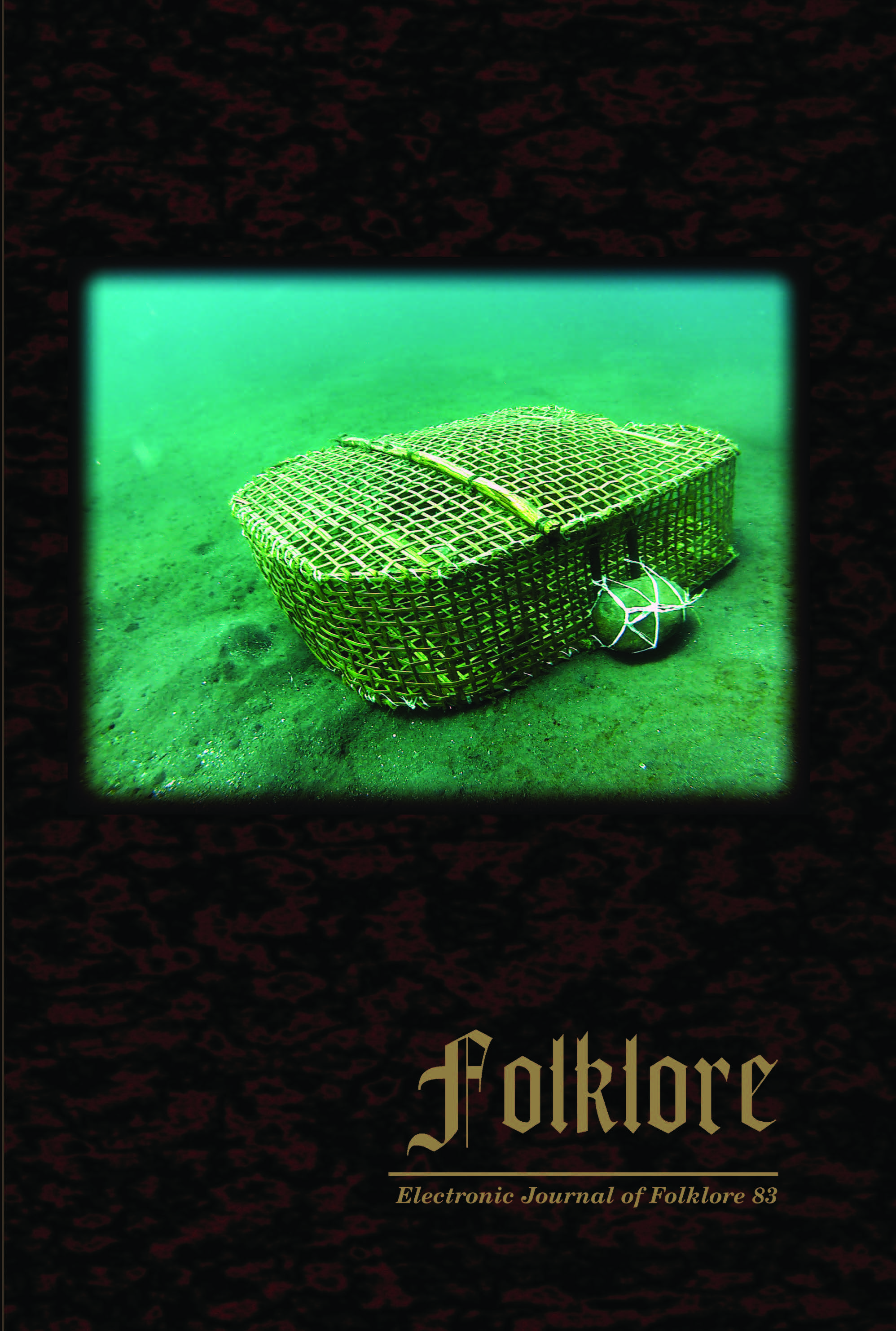Trauma and the Victim Economy
Trauma and the Victim Economy
Author(s): Sergey TroitskiySubject(s): Customs / Folklore, Structuralism and Post-Structuralism, Cultural Anthropology / Ethnology, Culture and social structure , Victimology, Sociology of Culture, Politics of History/Memory
Published by: Eesti Kirjandusmuuseum
Keywords: construct; cultural memory; forgiveness; Jacques Derrida; Jean Baudrillard; localisation; political economy; referee; sacrifice; third party; topography; tormentor; trauma; victim; victim economy;
Summary/Abstract: The history of the twentieth century is filled with examples of mass murder and destruction of entire nations. Survivors of those traumatic events have horrific memories, which cannot be compared to anything that may happen in the course of an ordinary quiet life. However, coping strategies for overcoming the consequences of such traumatic experience were also developed in the twentieth century. It was made possible by conceptualisation of trauma as a cultural and psychological phenomenon at the level of theory and practice in various sciences. Introduction of this concept into the flesh and blood of modern (popular) culture, or rather its inclusion in the fabric of everyday cultural practices, transformed the concept of trauma into a mechanism of culture. Trauma developed into a concept, as we know it, because it functioned as one of the cultural clichés of the era, according to which economics, politics, science, literature, etc., are built. Of course, mass exterminations of people took place even before the twentieth century; however, they were not interpreted as historical traumas as we interpret them now because, firstly, a sense of distance from the event was not developed, which is characteristic of traumatic interpretation, and, secondly, the narratives corresponded to other cultural clichés (typical of those epochs), which served as the basis for political mechanics, economic processes, etc. This article identifies the main features characterising the functioning of trauma as a cultural mechanism. This objective is achieved by appealing to political economy and Baudrillard’s and Derrida’s critique of the victim order. In this study the term “loss” is used as an umbrella term for various traumatic constructs, such as the victim and the trauma itself. They are characterised as objects of a credit relationship between subjects (both individual and collective), according to which the victim (trauma) construct could be described as a debt obligation that must be fulfilled by paying off a symbolic debt. The study identifies all the acting forces (parties) in the trauma construct, which give form to this construct. The author draws attention to the spatial (topographical) accent of the traumatic narrative, as well as to the necessity of toponymic localisation of the active forces in space.
Journal: Folklore: Electronic Journal of Folklore
- Issue Year: 2021
- Issue No: 83
- Page Range: 29-46
- Page Count: 18
- Language: English

